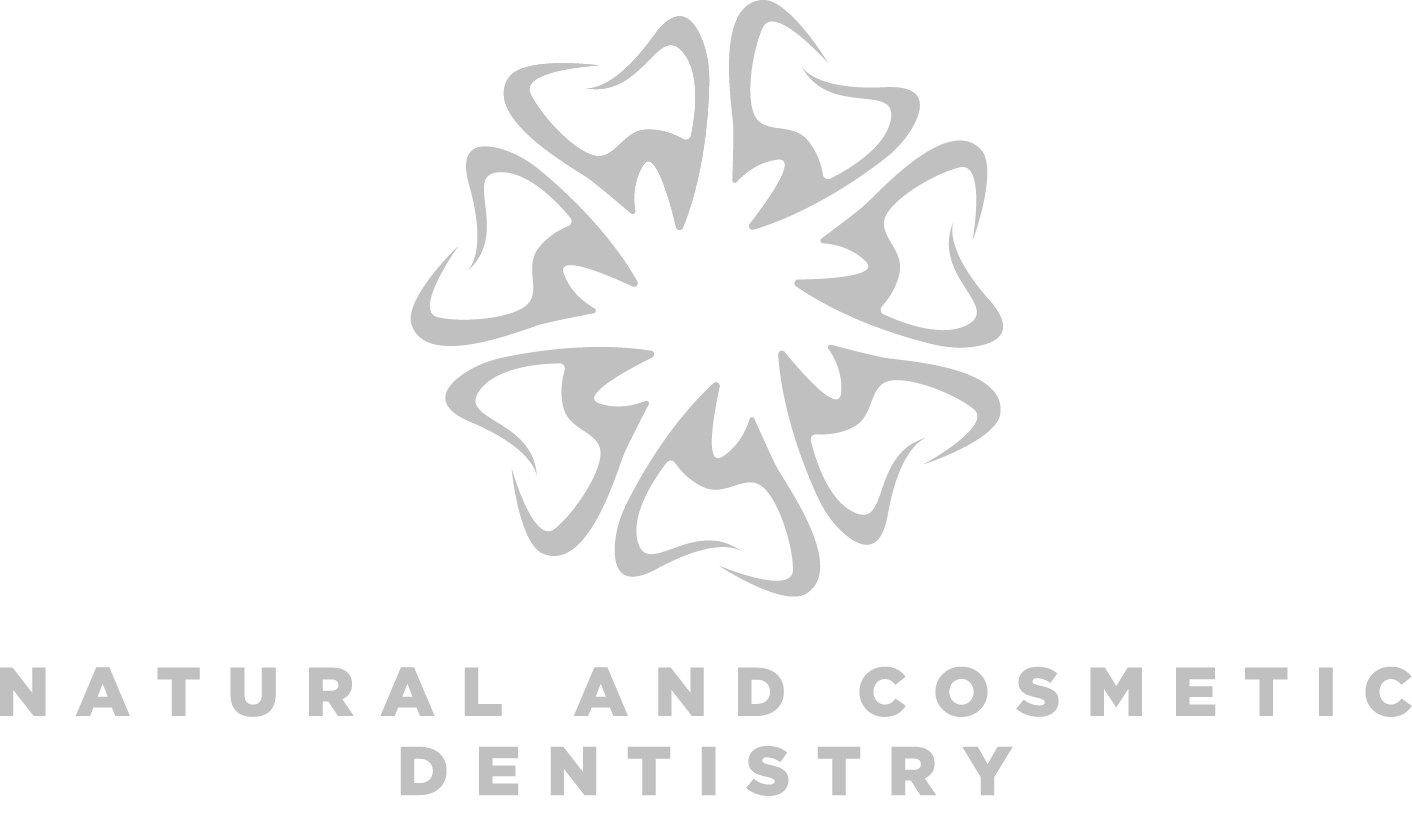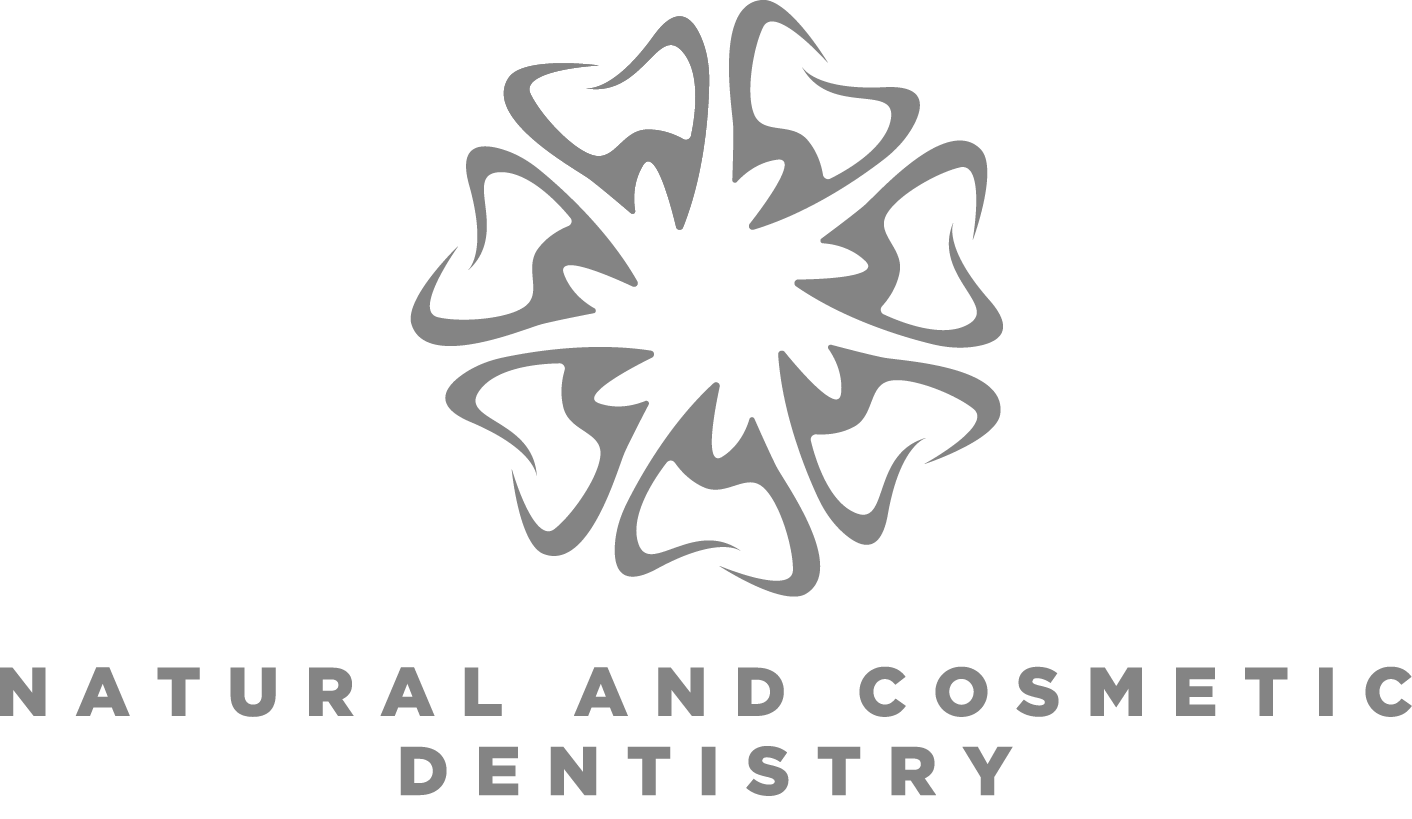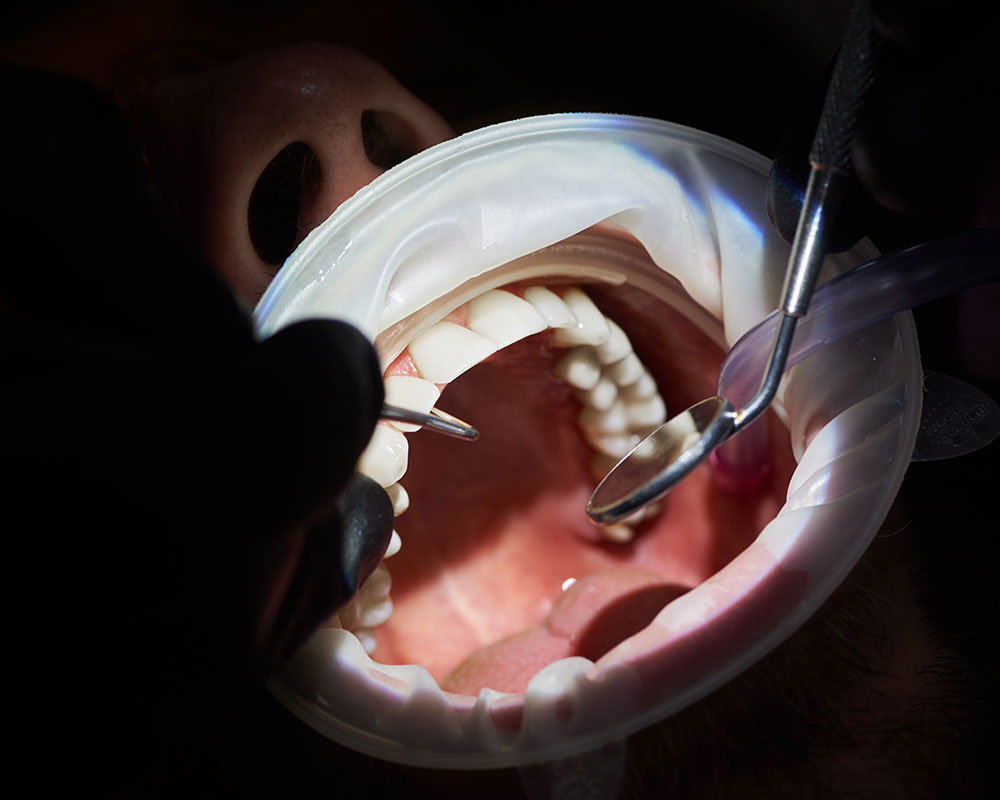Cancer has become nothing short of an epidemic in our nation, but some cancers are not as widely recognized as they should be. Oral cancer is one of them! Cancer of the mouth is a serious yet highly preventable condition that needs to be diagnosed and treated as quickly as possible.
Since this April marks the 15th Annual Oral Cancer Awareness Month, many organizations like the Academy of General Dentistry and the American Dental Association are joining forces with the Oral Cancer Foundation to help all Americans learn more about the essential importance of regular oral cancer examinations, detection methods, and treatment options.
What Are the Symptoms of Oral Cancer?
Oral cancer can develop anywhere within the mouth, including on the lips, gums, tongue, inner cheeks, roof of mouth, and floor of mouth. This is what makes regular dental checkups and oral cancer screenings so vital; it might take the trained eye of an expert to notice subtle and gradual changes within your mouth over a six-month period.
Symptoms of oral cancer include the following:
- A sore that bleeds and doesn’t heal
- A growth or lump on the skin or lining of mouth
- Loose teeth or poorly fitting dentures
- Tongue and/or jaw pain
- Difficulty chewing and/or swallowing
- Consistently sore throat
If you notice that any of the above symptoms have become persistent or noticeably different, contact your dentist for an examination. Early detection dramatically increases your chances of recovery!
What Factors Increase the Risk of Oral Cancer?
Cancer in general is caused by changes and mutations of DNA. This means that oral cancer develops when the cells on your lips or in your mouth mutate and allow cancer cells to grow and divide as healthy cells die. Risk factors that may lead to oral cancer include tobacco use, heavy alcohol use, excessive sun exposure to the lips, and a weakened immune system.
How Is Oral Cancer Detected and Treated?
During an examination, your dentist will look for abnormalities within your mouth. If a suspicious area is found, a tissue sample is taken for a biopsy to test for the presence of cancer cells. Since oral cancer develops in stages, early diagnosis makes it possible to contain an early stage from spreading to the head, neck, or other areas of the body.
Treatment for oral cancer can be completed using a few different methods based on the stage of cancer and location in the mouth:
- Surgery to remove the tumor
- Surgery to remove cancer that has spread to the neck
- Surgery to reconstruct the mouth
- Radiation therapy
- Chemotherapy
- Targeted drug therapy
If you are diagnosed with oral cancer, you will work with your doctor and dental professional to determine which treatment methods will give you the best chances of recovery. However, it is even better to prevent oral cancer before it can develop by using strategic oral care habits. Beyond just brushing and flossing your teeth every day, consider adding tongue scraping and oil pulling to your routine. Incorporate healthy, vitamin-rich whole foods that enhance the health of your mouth instead of covering your teeth in sugars and acids.
Of course, also find a holistic dentist that you can trust to conservatively and naturally maintain your oral health and wellness. At Natural and Cosmetic Dentistry in Clearwater, Florida, Dr. Beata A. Carlson and Associates are committed to practices that protect and enhance oral health in every way. Call 727-888-6523 to schedule an appointment today.



